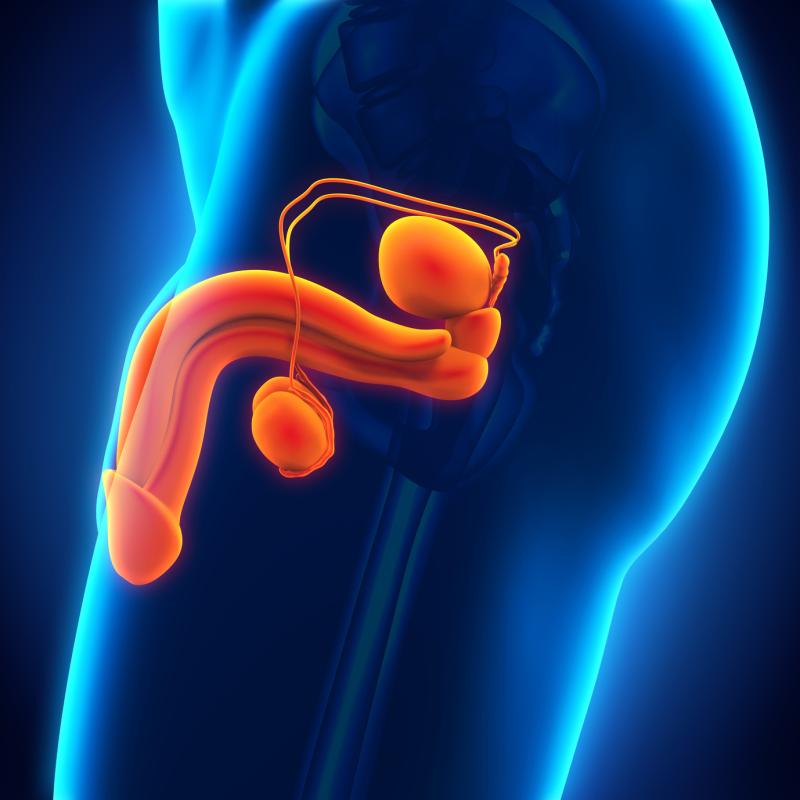Bladder Cancer in the Elderly
It occurs due to abnormal cell growth on the inner surface of the bladder. Symptoms usually include bleeding through the urine, frequent urination, and painful urination. Bladder cancer in the elderly Treatment methods include surgery, chemotherapy and radiotherapy. Response to treatment in older individuals may vary depending on general health status. Early diagnosis can facilitate the treatment process and improve quality of life.
What are the symptoms of bladder cancer in the elderly?
 The most common symptom is blood in the urine. Bleeding may be intermittent and not always continuous. When bladder cancer is present, they may feel pain or burning while urinating.
The most common symptom is blood in the urine. Bleeding may be intermittent and not always continuous. When bladder cancer is present, they may feel pain or burning while urinating.
There may be a need to urinate more frequently than normal. This is related to the irritating effect of cancer on the bladder. The sudden and strong need to urinate creates an uncontrollable urgency.
There may be a weakening of the flow of urine or difficulty urinating. There may be constant pain in the lower abdomen or groin. There may be a situation where you cannot fully control your urine. It is possible to see blood in the urine in clotted form. Bladder cancer symptoms in older people It may also occur for different reasons. It is important to consult a doctor for early diagnosis.
What Causes Bladder Cancer in the Elderly?
Chemicals in cigarette smoke are excreted into the bladder through urine. They increase the risk by damaging bladder cells. Long-term exposure to industrial chemicals can increase the risk. As we age, DNA damage and mutations in body cells increase the risk.
Recurrent urinary tract infections can cause damage to the bladder wall. This condition bladder cancer in the elderly Having radiation therapy to the pelvic area may increase the chance of developing cancer.
Individuals with a family history of this condition may be at increased risk due to genetic predisposition. Some medications used for treatment (e.g. chemotherapy drugs such as cyclophosphamide) may increase the risk. Inadequate fluid intake and unhealthy eating habits can lead to toxin accumulation in the bladder, paving the way for cancer. The effects of these risk factors increase with age, and regular screening and early diagnosis are vital.
How is Bladder Cancer Treated in the Elderly?

In more advanced stages, the entire bladder may need to be removed. Chemotherapy may be given before or after surgery. Chemotherapy drugs are used to shrink or destroy cancer cells. Doses are adjusted for older patients, taking into account side effects.
Radiation therapy is used to shrink cancer cells. In elderly patients, general health status is taken into consideration. Immunotherapy is a type of treatment used to increase the body's immune system's ability to fight cancer. The immune system is strongly supported, especially in elderly patients. Cancer is treated locally by administering medication directly to the bladder. BCG and chemotherapy drugs are used in this method.
The general health status is improved with lifestyle changes recommended by the doctor during the treatment process. When determining treatment methods, the general health status and additional diseases of elderly patients are taken into consideration. Bladder cancer in the elderly The treatment plan is personalized according to this situation.






